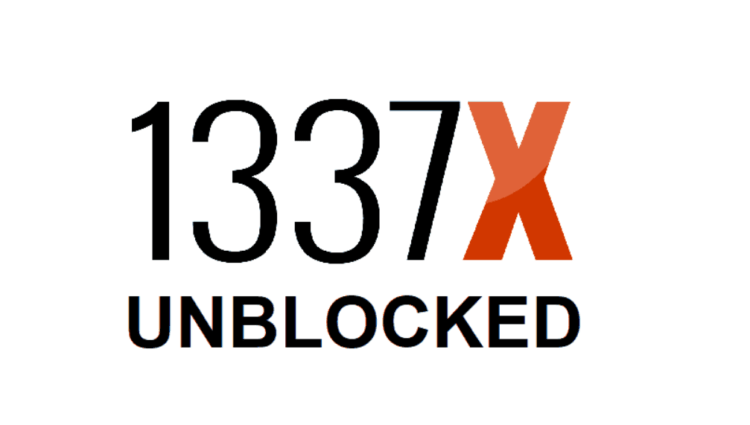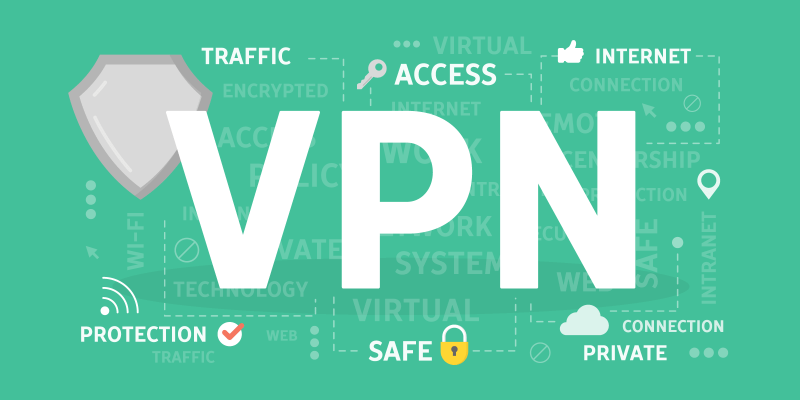When venturing into the bustling world of business technology, selecting the right software is akin to picking a skilled crew for your ship—essential for a smooth journey and successful destination. With countless options available, how do you choose the software that best fits your business needs? From management suites to industry-specific solutions, understanding the types of software that could enhance your business operations is key.
Let’s dive into the different types of software you should consider to steer your business toward success.
Core Business Software Types
1. Management Software
What is Management Software?
Management software is designed to streamline, automate, and facilitate the management of day-to-day business operations. It includes tools that handle everything from resource planning and scheduling to communication and decision-making support.
Why is it Essential?
- Efficiency – Automates routine tasks, saving time and reducing errors.
- Insight – Provides real-time data on various aspects of the business, aiding in informed decision-making.
- Scalability – Adapts to the growth of your business, supporting expansion with minimal disruption.
2. Customer Relationship Management (CRM) Software
CRM software focuses on managing interactions with current and potential customers. It is designed to streamline processes, increase sales, improve customer service, and increase profitability.
Key Features to Look For:
- Contact management
- Sales management
- Interaction tracking
- Automated workflows
3. Enterprise Resource Planning (ERP) Software
ERP software integrates core business processes such as finance, HR, manufacturing, supply chain, services, procurement, and others into a single system.
Benefits of ERP:
- Centralized Data – No more data silos—all information is centralized, making it easier to access and manage.
- Improved Reporting – Enhanced reporting capabilities allow for better compliance and decision-making.
- Cost Savings – Improved operational efficiency can lead to significant cost savings over time.
Industry-Specific Software: A Closer Look
Specialized Requirements Demand Tailored Solutions
While general management software can cover a broad spectrum of needs, certain industries benefit immensely from specialized software designed to address their unique challenges.
Example: Care Management Software
Healthcare Providers and Care Homes have specific regulatory, reporting, and operational needs that general software often can’t accommodate. Care management software like Vertex360 and alternatives offer tailored features such as patient scheduling, medication tracking, compliance management, and detailed reporting that are essential for these environments.
Why Choose Industry-Specific Software?
- Customization – Designed with industry-specific standards and processes in mind.
- Compliance – Helps ensure adherence to industry regulations automatically.
- Efficiency – Addresses unique challenges that generic software may overlook.
How to Choose the Right Software for Your Business
Steps to Ensure You Pick the Perfect Software
- Assess Your Needs – Understand the specific needs of your business and industry.
- Research – Look into various options, focusing on features and scalability.
- Ask for Demos – Most companies will offer a demo to show how their software works; take advantage of this.
- Check Reviews – See what other users are saying about the software.
- Consider Support and Updates – Ensure the vendor provides adequate support and regular updates.
Future-Proofing Your Software Investment
Staying Ahead with Adaptive Technology
In a world where technology evolves at breakneck speed, choosing software that not only meets your current needs but also adapts to future demands is crucial. Here’s how to ensure that your software investment remains robust and relevant over time.
Embrace Scalability and Flexibility
Key Considerations:
- Scalability – Does the software grow with your business? Ensure the software can handle increased loads without performance degradation.
- Flexibility – Can you customize the software as your business evolves? Look for platforms that allow you to add features or integrate with other systems as needed.
Continuous Updates and Support
Software that doesn’t keep up with technological advancements can quickly become obsolete. Opt for providers who offer:
- Regular Updates – These should improve functionality and security, keeping the software efficient and secure against new threats.
- Active Support – Robust customer support ensures that you can resolve issues quickly and get assistance in optimizing your use of the software.
Frequently Asked Questions
Q1: How much should I expect to spend on business software?
A: Costs can vary widely based on features, scalability, and the provider. Always consider the return on investment that the software will offer over time rather than just the upfront cost.
Q2: Is cloud-based software better than on-premise solutions?
A: Cloud-based solutions offer several advantages such as lower initial costs, ease of access, flexibility, and less need for in-house IT infrastructure. However, some businesses may prefer on-premise solutions for reasons like enhanced control over data and connectivity.
Q3: Can I integrate new software with my existing systems?
A: Yes, many software solutions are designed with integration capabilities to work seamlessly with existing systems. However, it’s crucial to discuss this with your vendor to ensure compatibility.
Conclusion
Choosing the right software for your business is a strategic decision that impacts virtually every aspect of your operations. Whether you opt for an all-encompassing management tool, a specialized CRM system, or industry-specific solutions like care management software, the right choice can propel your business toward greater efficiency, improved customer satisfaction, and overall success. Take your time, do your research, and choose a partner who understands your business needs and can grow with you. With the right software in place, the possibilities are limitless.











